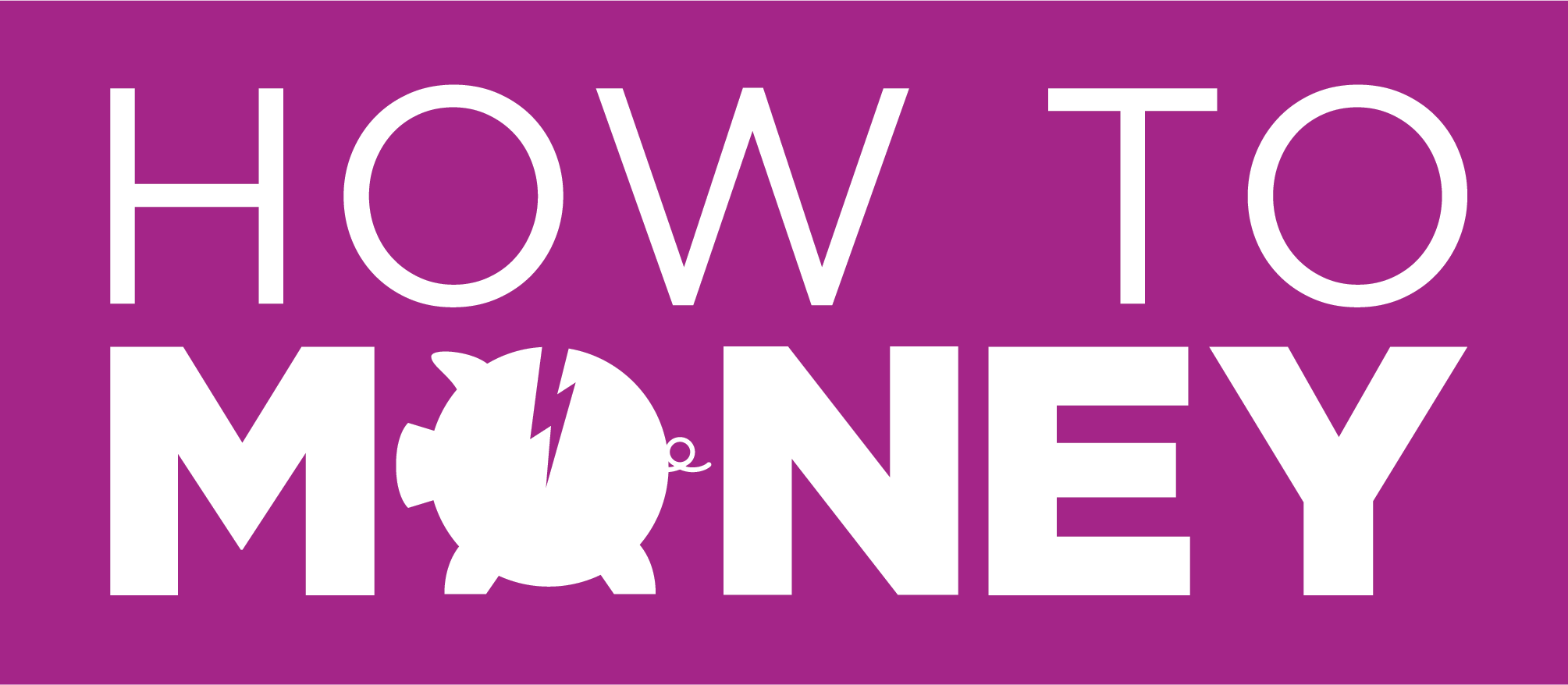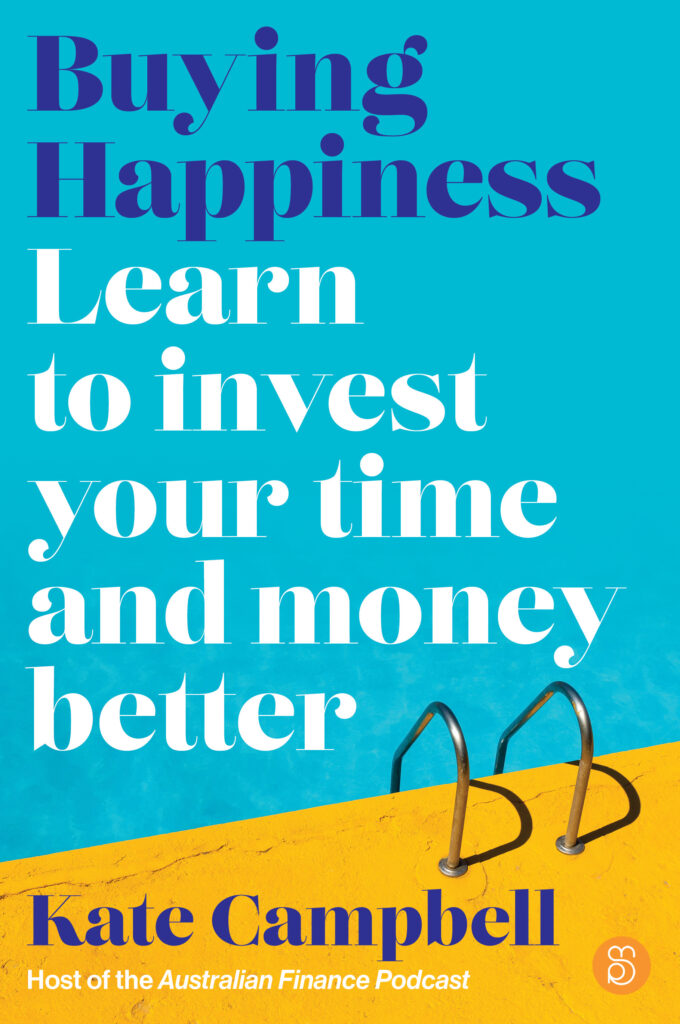
Financially Planning an Epic Travel Adventure
When I graduated year 12 over four years ago now, I, like many other young Aussie had grand ideas about backpacking solo around Europe and finding myself. Needless to say, I never actually went, because life happened and I started working full time after graduating and then decided to start a degree at the same time. However, I’ve finally finished my degree and am finally ready for my own adventure.
To ensure the success of my trip, I actually started saving at the end of 2018 and spent plenty of time researching destinations as I procrastinated finishing uni assignments. I’m still not really sure of my own abilities to cope travelling around Europe with a pretty dodgy internal navigation system (I get lost very easily), but I’ve included the steps I’ve taken to financially prepare for my adventure below.
Plan the Vision For Your Adventure
Working out the broad vision for your trip and where you want to go is an important starting point. This will not only help you to work out the approximate cost of your trip, but it will help you stay on track with your goals.
Work Out Approximate Costs
If you’re planning to backpack around Thailand it’s going to be a completely different cost to spending a week in London, so it’s good to work out the general travel costs in different countries for your travel type (backpacker, comfort, luxury). Sadly, if you want to leave Australia it’s going to cost quite a bit. Your flight will probably be one of the more expensive elements of your trip, so working out the travel costs is a big part of figuring out your overall budget.
Spend some time searching online for travel blogs that break down the daily cost of travelling in the countries that you’re interested in. It’s always better to over approximate and have some breathing room when you travel, than having to scrape the bottom of your savings because you underestimated the costs of food.
Set Your Savings Target and Revise Your Budget
Once I identified my major fixed costs (flights, passport renewal, travel insurance etc.), I then identified a base daily rate that works in general for where I wanted to go. This gave me an approximate overall cost for the trip, that I was then able to start planning around.
I then broke that total figure down over 12 months to work out exactly what I needed to save each month. You will need to build your budget around this goal to ensure you can reach it in your desired timeframe. I’ve known people to start a side hustle or an extra job, specifically to put that money directly into their travel fund, if their budget didn’t allow for the amount they needed to save every month.
Automate Your Savings Goal
When it comes to reaching any financial goals, taking friction out of the process helps point you in the direction of success. If you need to save $500 every month to reach your goal, set up a separate bank account and an auto-transfer into that account of the necessary amount after you get paid. If you never saw the money in your bank account, then you’re less likely to spend it.
Start Planning Out Your Trip
When you go on your adventure, you’re probably planning to be a little spontaneous, however, it might end up blowing your budget out of the water. Ending up in Edinburgh during the Edinburgh Tattoo with no accommodation booked could be a costly mistake! Make sure you understand the general layout of your trip and the most efficient ways to travel between locations before you set foot out the door.
Book Major Expenses Early
While you might be planning to save up for your entire trip before booking anything, you can often take advantage of great deals and promotions if you book early. It’s definitely a balance, as you don’t want to be locked into any fixed expenses if your plans change, however, areas like flights and travel insurance might be worth keeping an eye on.
I’d love to hear your ideas and tips for planning and going on a big travel adventure, so please send them my way via email.
Cheers,
Kate — HTM Founder & Editor
Want to learn more about money and personal finance? Check out our article archive, the How To Money Podcast and the Australian Finance Podcast. Catch us on Twitter @HowToMoneyAUS and Instagram on @HowToMoneyAUS.
Important Information
The information on this blog and website is of a general and educational nature only. It does not take into account your individual financial situation, objectives or needs. You should consider your own financial position and requirements before making a decision, as we are not an advisory service. We recommend you consult a licensed financial adviser in order to assist you. The information is based on assumptions or market conditions which can change without notice, and this will impact the accuracy of the information provided. This website and blog occasionally provide links to third-party sites, aimed at helping you gather the information required to make an informed decision — we may receive payment for these referrals.






